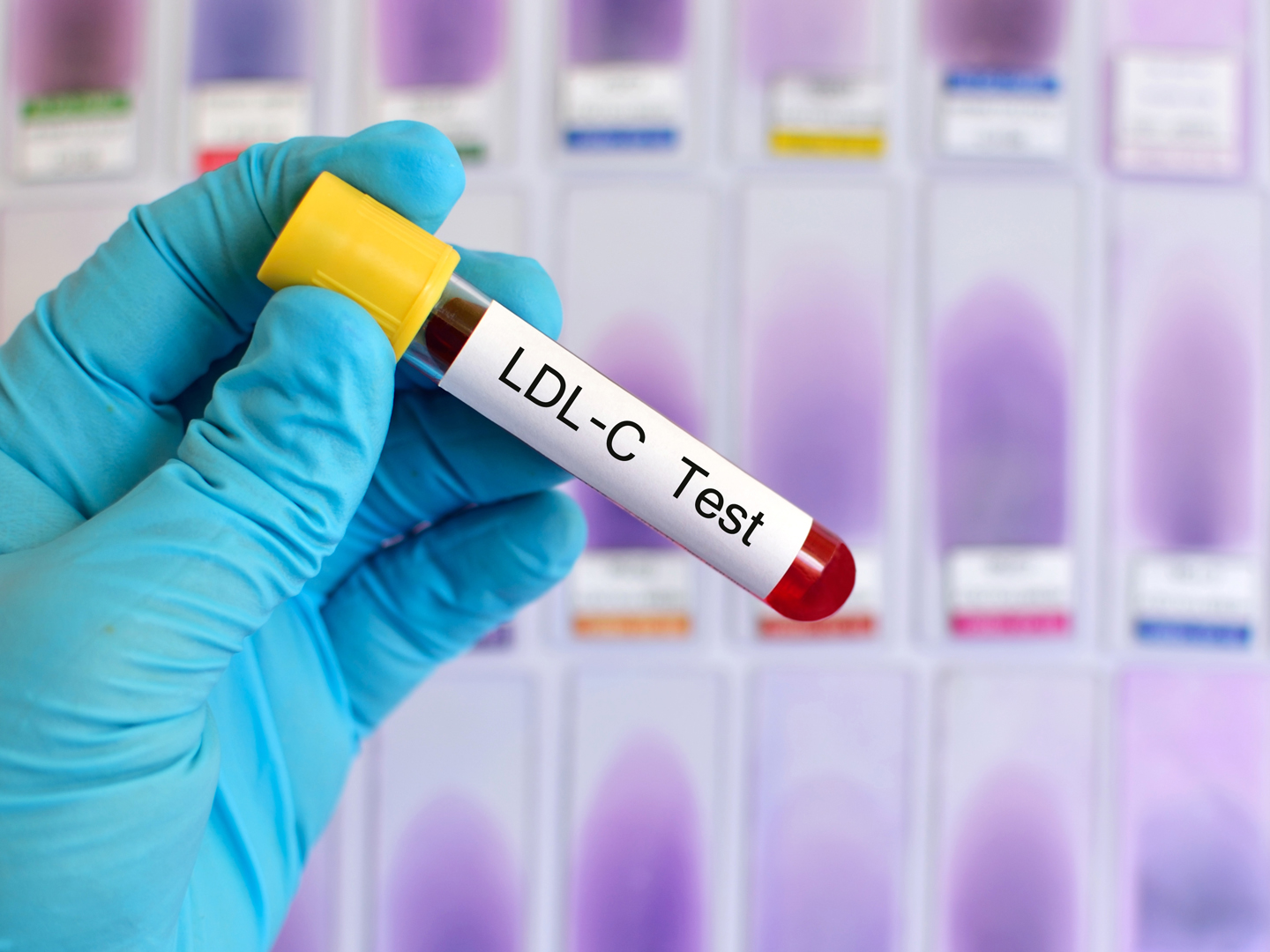New Way to Unclog Arteries?
What can you tell me about apoA-1Milano, the drug that removes cholesterol buildup from coronary arteries? Is it available?
Andrew Weil, M.D. | January 19, 2004

Reviewed on 1/24/2005
ApoA-1Milano is a drug that may reverse the accumulation of plaque – deposits of cholesterol that can clog coronary arteries and lead to heart attacks. ApoA-1Milano is a synthetic form of HDL ("good") cholesterol that helps remove LDL ("bad") cholesterol from arteries. Current treatments are aimed at reducing bad cholesterol and this is the first suggestion of what may lie ahead – a new kind of treatment for coronary artery disease making use of HDL.
A small study published in the Nov. 5, 2003, issue of the Journal of the American Medical Association found that weekly administration of synthetic HDL worked faster and better than currently available drugs to reduce plaque. Although these findings are very compelling, they still need to be confirmed by larger studies. Beyond that, we need to find out if using this drug to reduce plaque actually translates into a lower risk of heart attacks.
Even so, researchers are very excited about what they’ve learned. Scientists have always wondered what would happen to plaque and to heart attack risk if they could give heart patients HDL or somehow trigger the genes responsible for the body’s HDL production to increase output.
Only 47 patients, all of whom had suffered heart attacks, took part in the apoA-1Milano study. Half got infusions of the drug while the other half got saline infusions. Those who got five infusions of the drug had a 4.2-percent decrease from baseline in the volume of plaque in their coronary arteries. Those who got the saline infusion showed no change or a slight increase in plaque.
The drug isn’t available and probably won’t be for some years, until additional studies tell us whether these early results really are the breakthrough they appear to be.
Andrew Weil, M.D.











